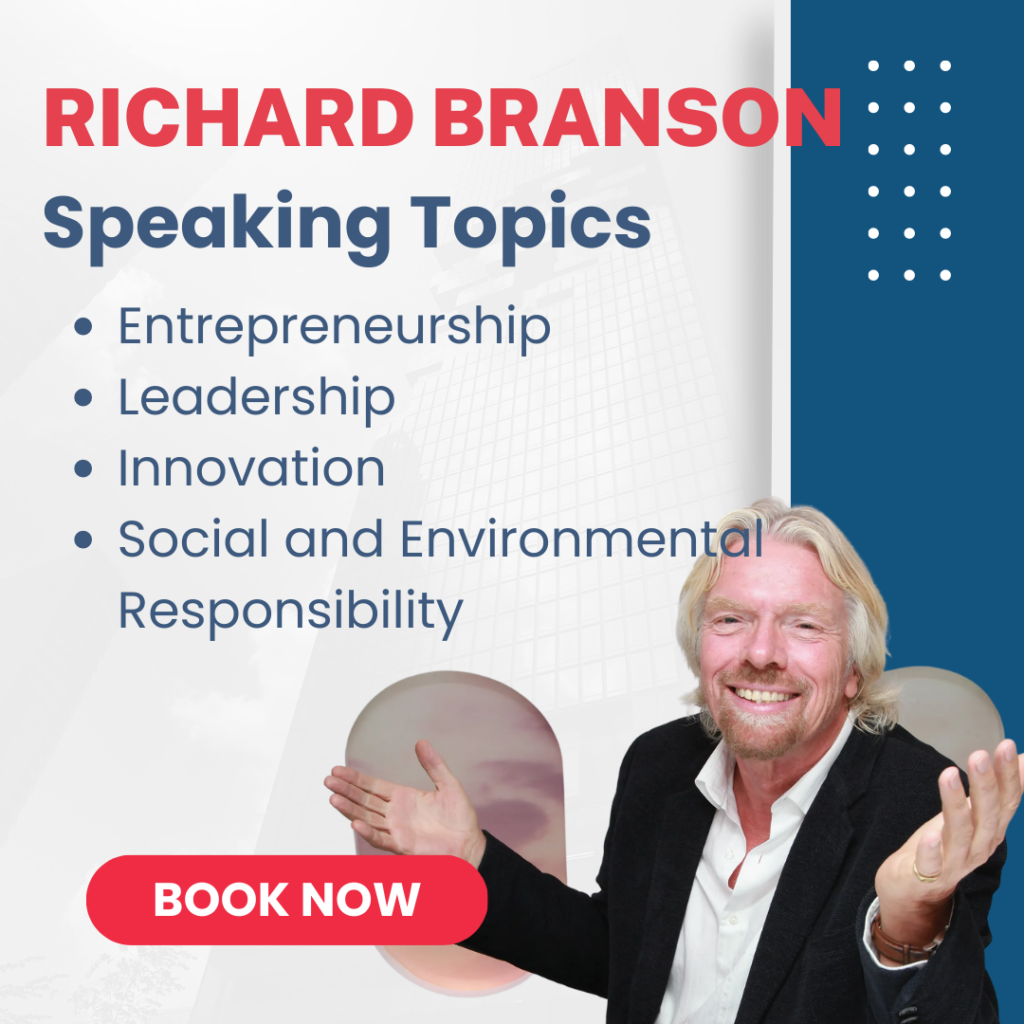
What Is A Keynote Speaker
A keynote speaker is a speaker who delivers a speech at an event or conference, setting the tone for the entire occasion. Keynote speakers are often the highlight of an event, drawing in attendees and creating buzz around the conference. Their role is to engage and inspire the audience, share their expertise and insights, and provide valuable takeaways for attendees to remember long after the event is over.
The Role of a Keynote Speaker
Keynote speakers play a crucial role in any event or conference. They are responsible for setting the tone and creating a sense of excitement and anticipation among attendees. Their job is to make sure that the audience is engaged and inspired by the message they deliver.
Setting the Tone for an Event
The keynote speaker is often the first person to take the stage at an event or conference. As such, they set the tone for the entire occasion. It’s their job to create a sense of excitement and anticipation among attendees and to establish the main themes or topics that will be covered throughout the course of the event. A great keynote speaker has the power to create a buzz that will carry throughout the event.
For example, imagine a technology conference where the keynote speaker is a well-known entrepreneur who has built a successful startup. They might open their speech by sharing their personal story of how they overcame challenges and turned their idea into a thriving business. This would set the tone for the rest of the conference, inspiring attendees to think creatively and take risks in their own careers.
Engaging and Inspiring the Audience
The keynote speaker needs to be able to capture the attention of the audience and keep it throughout their speech. They should be energetic, charismatic, and able to connect with the audience on an emotional level. They need to be able to inspire attendees to take action, whether that means changing their behavior, adopting new ideas, or approaching things in a new way.
One way that keynote speakers can engage and inspire their audience is by using storytelling. By sharing personal anecdotes or case studies, they can make their message more relatable and memorable. They might also use humor to break the ice and create a more relaxed atmosphere. By doing so, they can help attendees feel more comfortable and open to new ideas.
Sharing Expertise and Insights
Keynote speakers are expected to be experts in their field. They should have a deep understanding of the subject matter that they are discussing, and they should be able to share valuable insights and information with the audience. Ideally, they will have a unique perspective or approach that sets them apart from other speakers.
For example, imagine a healthcare conference where the keynote speaker is a leading researcher in their field. They might share the latest findings from their research, highlighting new treatments or approaches that could improve patient outcomes. By doing so, they would be sharing valuable information that attendees might not have access to otherwise.
Overall, the role of a keynote speaker is to set the tone, engage and inspire the audience, and share expertise and insights. A great keynote speaker can make a lasting impression on attendees and help to make an event or conference a success.
Types of Keynote Speakers
When it comes to planning an event or conference, choosing the right keynote speaker is crucial. The keynote speaker sets the tone for the entire event and can be the difference between a successful or lackluster experience for attendees. There are many different types of keynote speakers to choose from, each with their own unique strengths and abilities. Here are some common types of keynote speakers:
Industry Experts
Industry experts are individuals who have spent years working in a specific field or industry. They have a wealth of knowledge and experience that they can share with attendees, providing valuable insights and information. Industry experts are often chosen to speak at conferences and events that are focused on a particular field or industry, such as technology, healthcare, or finance.
For example, a cybersecurity expert could speak about the latest threats facing businesses and how to protect against them. Or a healthcare expert could discuss new medical breakthroughs and their impact on patient care. Industry experts are a great choice for events where attendees are looking to gain practical knowledge and skills they can apply in their own work.
Motivational Speakers
Motivational speakers are individuals who have a unique ability to inspire and motivate others. They often have a compelling personal story that they use to help others overcome their own obstacles and achieve their goals. Motivational speakers are often chosen for events and conferences that are focused on personal development or leadership.
For example, a former Olympian could speak about the dedication and hard work required to succeed at the highest level of competition. Or a business leader could share their own journey to success and the lessons they learned along the way. Motivational speakers are a great choice for events where attendees are looking for inspiration and guidance on how to achieve their own goals.
Celebrity Speakers
Celebrity speakers are individuals who are well-known in their field or industry. They may be famous actors, musicians, athletes, or other well-known figures. Celebrity speakers are often chosen for events and conferences that are focused on entertainment or that have a broad, general appeal.
For example, a famous actor could speak about their experience in the entertainment industry and share behind-the-scenes stories from their most popular films. Or a famous musician could perform some of their hit songs and talk about the creative process behind their music. Celebrity speakers are a great choice for events where attendees are looking for a fun and entertaining experience.
Thought Leaders
Thought leaders are individuals who are recognized as experts in their field. They are often sought out for their opinions and insights, and they are seen as authorities on their subject matter. Thought leaders are often chosen to speak at events and conferences that are focused on cutting-edge trends or emerging technologies.
For example, a technology thought leader could speak about the latest advancements in artificial intelligence and their potential impact on society. Or a sustainability thought leader could discuss the importance of eco-friendly practices and how businesses can adopt them. Thought leaders are a great choice for events where attendees are looking to stay ahead of the curve and learn about the latest trends and innovations.
As you can see, there are many different types of keynote speakers to choose from, each with their own unique strengths and abilities. When selecting a keynote speaker for your event, it’s important to consider the goals of the event and the needs of the attendees. With the right keynote speaker, you can create a memorable and impactful experience for everyone involved.
How to Choose the Right Keynote Speaker
Choosing the right keynote speaker is critical to the success of your event or conference. There are several factors to consider when selecting a speaker:
Aligning with Event Goals
The keynote speaker should align with the goals and themes of your event. They should be able to provide valuable insights and information that will resonate with your attendees.
For example, if your event is focused on technology and innovation, you might consider a keynote speaker who has experience in the tech industry and can speak to the latest trends and advancements. On the other hand, if your event is centered around leadership and management, you might look for a speaker who has a proven track record of success in those areas.
Considering the Target Audience
The keynote speaker should be able to connect with your target audience. They should have a style and approach that resonates with the people who will be attending your event.
It’s important to consider the demographics of your audience when selecting a speaker. For example, if your attendees are primarily young professionals, you might look for a speaker who is known for their dynamic and energetic presentations. On the other hand, if your audience is more senior and experienced, you might look for a speaker who can provide a more nuanced and sophisticated perspective.
Evaluating Speaker Credentials and Experience
It’s important to choose a speaker who has the credentials and experience to back up their message. Look for someone who has a proven track record of success in their field.
When evaluating a speaker’s credentials, consider their education, work experience, and any awards or recognition they have received. It’s also important to look at their speaking experience, such as the number of events they have spoken at and the feedback they have received from previous audiences.
Assessing Presentation Style and Content
The keynote speaker should have a presentation style and content that is engaging and interesting to your attendees. Look for someone who can deliver their message in an entertaining and compelling way.
When assessing a speaker’s presentation style, consider their tone, pace, and use of visual aids. A good speaker should be able to keep the audience engaged and interested throughout their presentation. It’s also important to consider the content of their presentation and whether it aligns with the goals and themes of your event.
By carefully considering these factors, you can choose a keynote speaker who will deliver a memorable and impactful presentation at your event.
Preparing for a Keynote Speech
Preparing for a keynote speech requires careful planning and preparation. Here are some tips for delivering a successful keynote speech:
Researching the Event and Audience
The keynote speaker should take the time to research the event and the audience they will be speaking to. This will help them to tailor their message and approach to fit the specific needs of the audience.
Developing a Compelling Narrative
The keynote speaker should be able to develop a narrative that is compelling and engaging. They should be able to tell a story that will resonate with the audience and help them to understand the key themes and ideas of the event.
Incorporating Visual Aids and Multimedia
The keynote speaker should consider using visual aids and multimedia to help reinforce their message. This could include slides, videos, or other interactive elements that will help to keep the audience engaged and interested.
Rehearsing and Fine-tuning the Delivery
The keynote speaker should rehearse their speech multiple times to ensure that they are comfortable with the material and the delivery. They should also seek feedback from others and make any necessary adjustments to their presentation to ensure that it is as effective as possible.
Conclusion
Keynote speakers play a critical role in any event or conference. They have the power to engage and inspire the audience, share their expertise and insights, and set the tone for the entire occasion. By choosing the right speaker and taking the time to prepare for a keynote speech, you can ensure that your event is a success and that your attendees leave with valuable insights and takeaways.
BOOK NOW!




